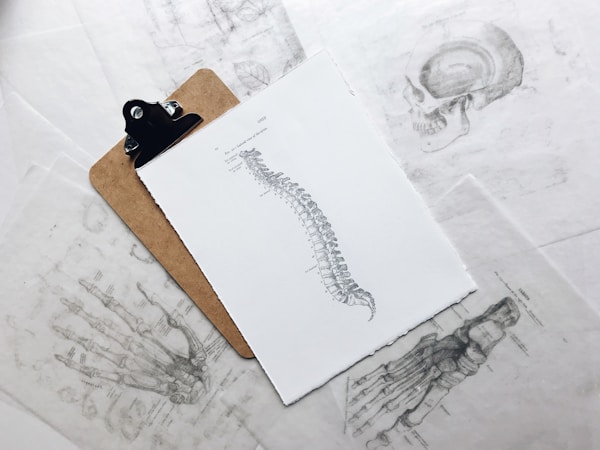Living with a chronic illness can be incredibly challenging, both physically and mentally. If you or someone you know is struggling with a chronic condition, it’s important to know that there are ways to manage it. From lifestyle changes to diet and exercise, there are a variety of strategies to help you cope. Keep reading to learn more about how to deal with different types of chronic illnesses.
Depression
Dealing with the chronic illness of depression can be a challenging and overwhelming experience. However, there are various treatments and therapies available that can help manage the symptoms of depression. One promising treatment is nicotinamide adenine dinucleotide, also known as NAD. NAD is a coenzyme found in every living cell and is responsible for various processes, including energy metabolism and DNA repair. Research has shown that NAD can improve brain function and alleviate symptoms of depression by increasing the production of neurotransmitters like serotonin and dopamine. NAD therapy involves the administration of NAD through an IV infusion, which helps to boost NAD levels in the body and promote overall well-being.
Spinal Stenosis


If you are dealing with the chronic illness of spinal stenosis, it’s important to focus on pain management and treatment options that can improve your quality of life. A Pain Management, Spine and Brain Surgery Practice in Hoboken, NJ, can offer a range of treatment options for spinal stenosis, including medications, physical therapy, and surgery. Working with a team of medical professionals can help you identify the best approach for managing your symptoms and reducing pain.
In addition to medical treatment, there are lifestyle changes you can make to manage your condition. Regular exercise, such as low-impact activities like walking or swimming, can help improve flexibility and reduce pain. Maintaining a healthy weight can also help reduce pressure on the spine, which can exacerbate symptoms. It’s essential to communicate openly with your healthcare provider and work collaboratively to find the best pain management approach that works for you.
Obesity
Dealing with the chronic illness of obesity can be challenging, but it’s essential to take steps to manage the condition and improve your overall health. One of the most important things you can do is to make lifestyle changes, such as improving your diet and increasing your physical activity. A healthy diet should include a variety of nutrient-dense foods, including fruits, vegetables, whole grains, and lean protein. You should also aim to limit your intake of processed foods, sugar, and unhealthy fats. Incorporating regular exercise into your routine, such as walking, swimming, or strength training, can also be beneficial for managing obesity.
Arthritis


Arthritis is a chronic illness that can be painful and debilitating. However, there are steps you can take to manage the symptoms and maintain a good quality of life. One of the most important things you can do is to stay active. Exercise can help reduce pain and stiffness, improve joint mobility, and increase strength and flexibility. Low-impact activities like swimming, cycling, and yoga can be particularly helpful. It’s also essential to maintain a healthy weight, as excess weight can put added stress on your joints. Eating a balanced diet and avoiding foods that trigger inflammation can also help manage arthritis symptoms.
Overall, chronic illnesses can have a major impact on the lives of those who experience them. It is important to learn effective strategies on how to cope with the physical and mental health challenges that come with a chronic illness. There are many resources available to help individuals develop skills to manage their condition and improve their quality of life. Altogether, it is crucial to learn how to deal with chronic illnesses in order to live a healthy, fulfilling life.






